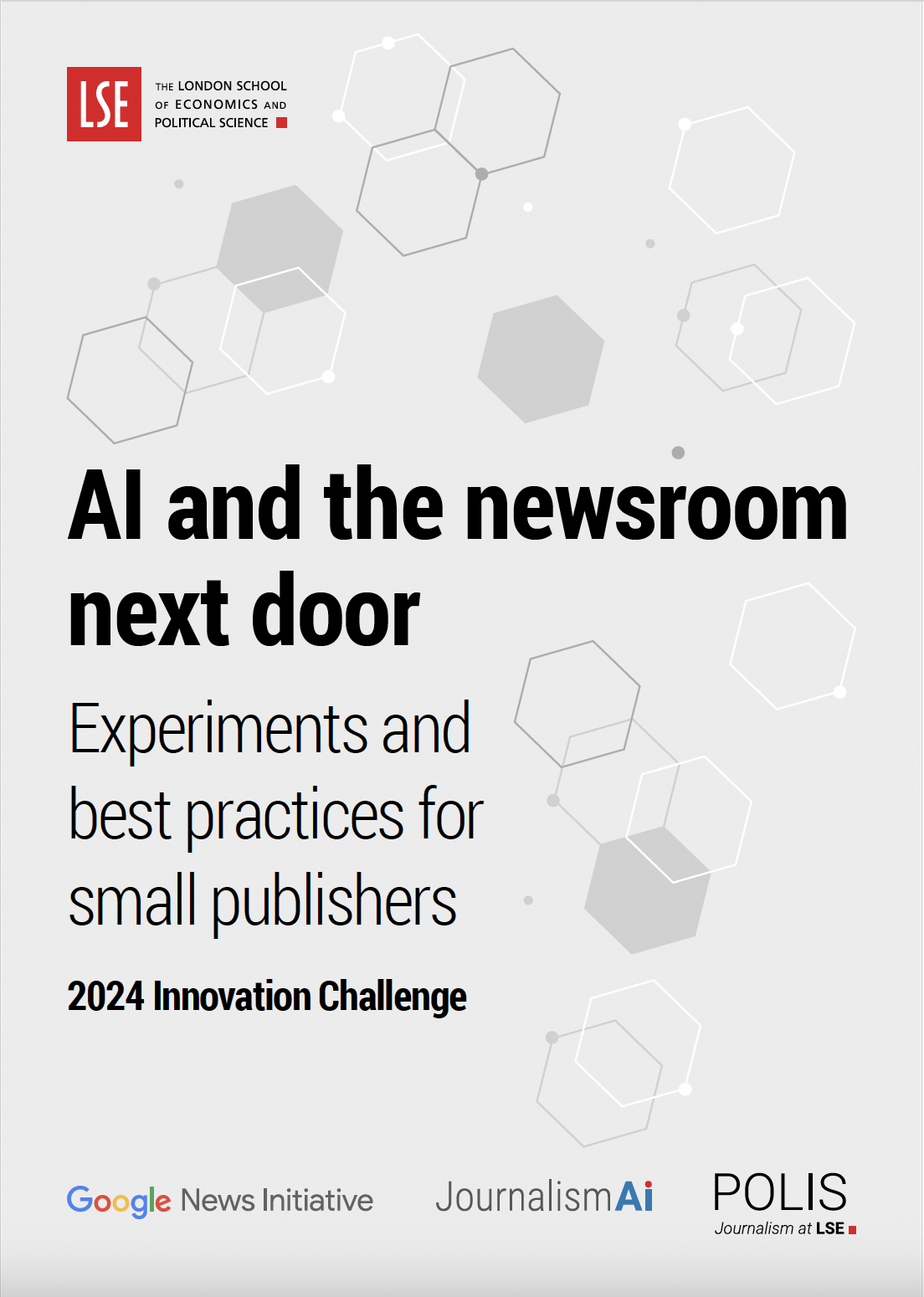
JournalismAI Innovation Challenge, supported by the Google News Initiative
Enabling publishers to experiment, implement and share best practices of AI technologies
The JournalismAI Innovation Challenge, supported by the Google News Initiative, is a programme to fund projects from a wide range of news publishers to foster AI literacy and implementation through targeted innovation and experimentation.
This nine-month long programme is designed by the JournalismAI team, an initiative of Polis, the journalism think-tank at the London School of Economics and Political Science (LSE) and supported by the Google News Initiative.
For this second cohort, we are supporting 12 publishers from 11 countries who will use AI technologies to enhance and improve their audience intelligence and/or revenue growth. They are awarded grants of $50,000 or $100,000 to develop prototypes and integrated AI into their newsroom workflows.
Meet the 2025 Cohort
-

Ambiental Media
Country: Brazil 🇧🇷
Tool: Jor-MCP
Ambiental Media, a Brazilian digital outlet covering environmental and climate issues, is developing Jor-MCP, an open-source server built on the Model Context Protocol (MCP) – an emerging AI infrastructure that lets information providers structure data with usage permissions for integration with AI systems. Applied to journalism, Jor-MCP will transform news content into structured, governable data streams accessible under clear licensing and editorial terms. The project is especially aimed at small and independent outlets, lowering barriers to the AI era while creating paths to new revenue and greater accountability in how AI accesses journalistic content.
-
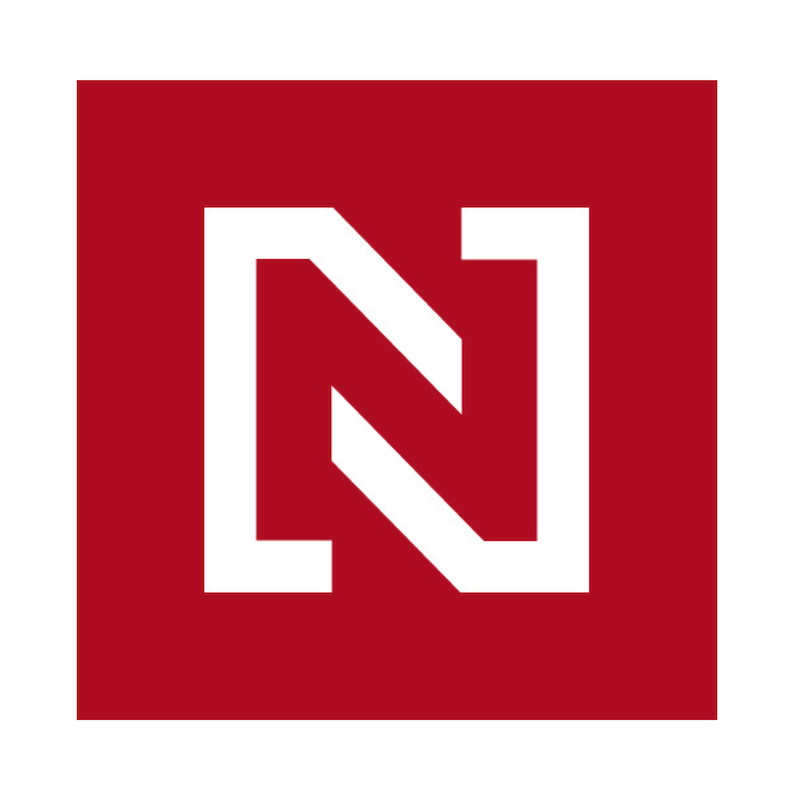
Denník N
Country: Slovakia 🇸🇰
Tool: An open-source reader revenue platform
Denník N, a leading independent Slovak news site with around 70,000 subscribers, will develop an AI-powered churn prediction tool for Readers' Engagement and Monetisation Platform, the open-source reader revenue platform it created with previous Google News Initiative support. Currently used by dozens of publishers worldwide, REMP will gain the ability to identify at-risk subscribers and enable targeted retention efforts – a feature that could benefit more than 20 publishers using the platform.
-
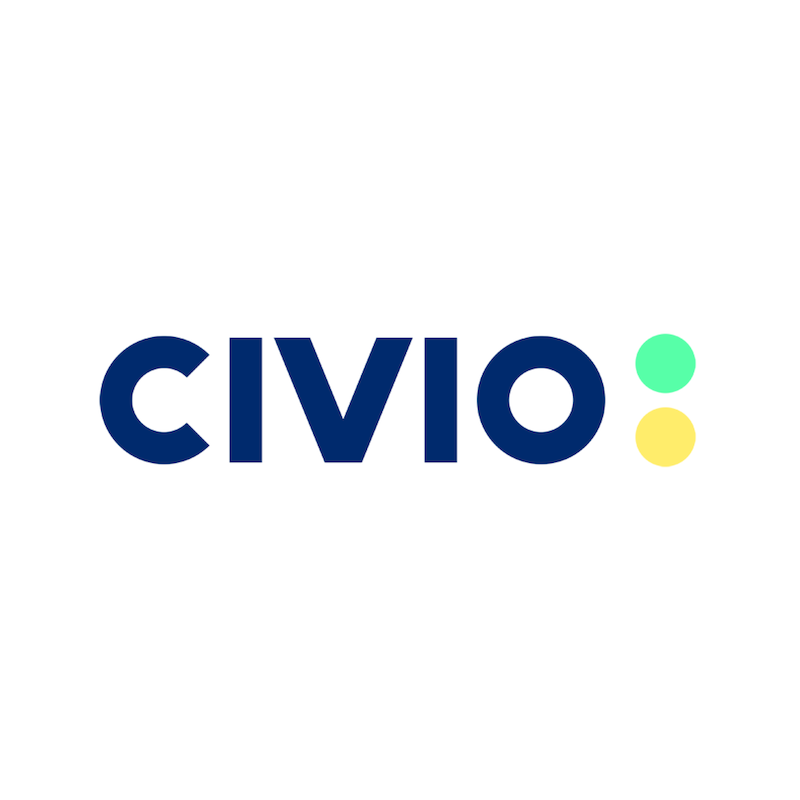
Fundación Ciudadana Civio
Country: Spain 🇪🇸
Tool: An AI back-office assistant
Civio, a Spanish non-profit newsroom focused on government transparency and accountability, will develop an AI back-office assistant for small newsrooms where supporter relationships are essential but time is scarce. The tool will help staff navigate fragmented systems and databases, respond quickly to supporter requests, automate routine administrative tasks, and identify engagement opportunities – all while prioritising privacy through strict data controls and keeping humans in the loop.
-

Amazônia Real
Country: Brazil🇧🇷
Tool: The Amazon Game
Amazônia Real, an independent Brazilian news agency covering the Amazon region since 2013, will create "The Amazon Game" (O Jogo da Amazônia), an open-source project that transforms a decade of investigative reporting into an AI-powered "choose your own adventure" experience. By gamifying climate literacy, the tool aims to make complex environmental narratives accessible to diverse audiences and connect frontline Amazonian journalism with global readers.
-
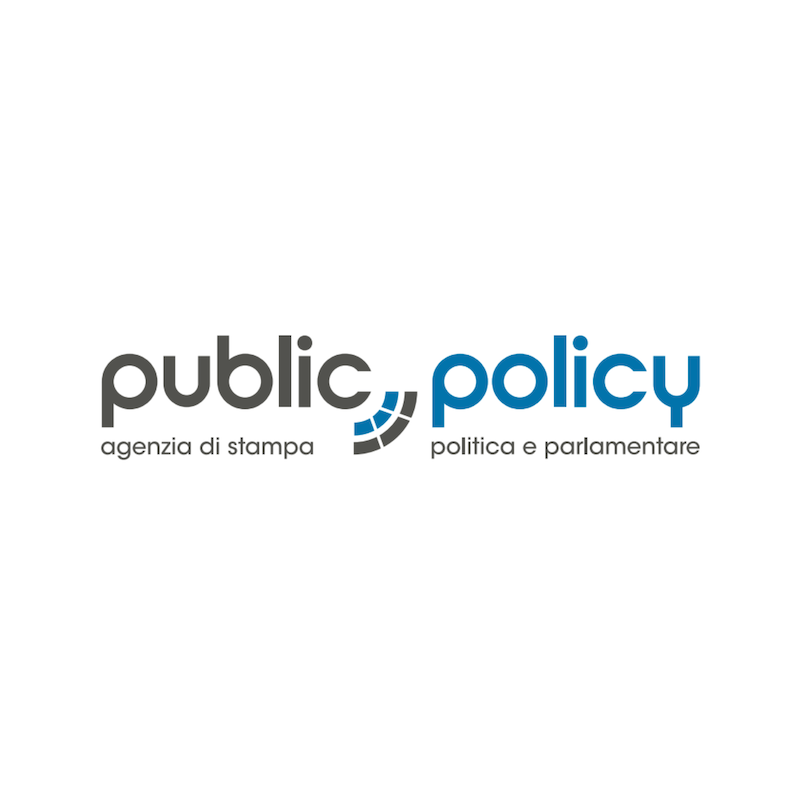
Public Policy, Agenzia di Stampa Politica e Parlamentare
Country: Italy 🇮🇹
Tool: A resource for contextual public-policy analysis
Public Policy, an Italian news agency specialising in political and parliamentary reporting, is building Postilla AI, a platform that combines its live coverage of Italian and European institutions with official parliamentary documents and open political databases. The tool turns fragmented policy updates into structured, contextual analysis, delivering timely insights for journalists and professionals navigating complex policymaking environments.
-

Medical Dialogues
Country: India 🇮🇳
Tool: An AI-powered content personalisation and sentiment analysis system
Medical Dialogues, an Indian digital publication serving doctors, nurses, and healthcare professionals with medical news and research updates, is building an AI-powered system that personalises content based on users' specialties and reading behavior. The tool will recommend relevant articles, analyse sentiment around different topics and formats, and support better editorial decisions. It will also enable partners to conduct targeted research such as surveys and polls with medical audiences.
-
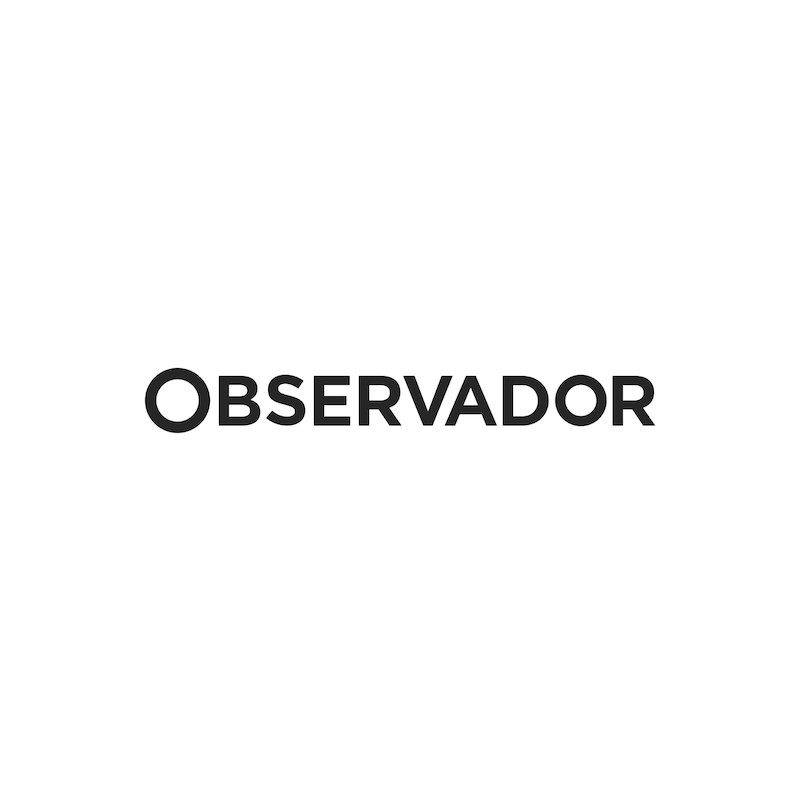
Observador
Country: Portugal 🇵🇹
Tool: Subscription Concierge
Observador, a Portuguese digital news site launched in 2014, is developing Subscription Concierge that engages subscribers through personalised SMS and WhatsApp conversations to encourage upgrades and win back lapsed readers. The system analyses individual usage patterns to deliver contextually relevant outreach, and can negotiate within defined guardrails to close deals autonomously – transforming subscriber retention from a resource-intensive manual process into a scalable, automated system.
-
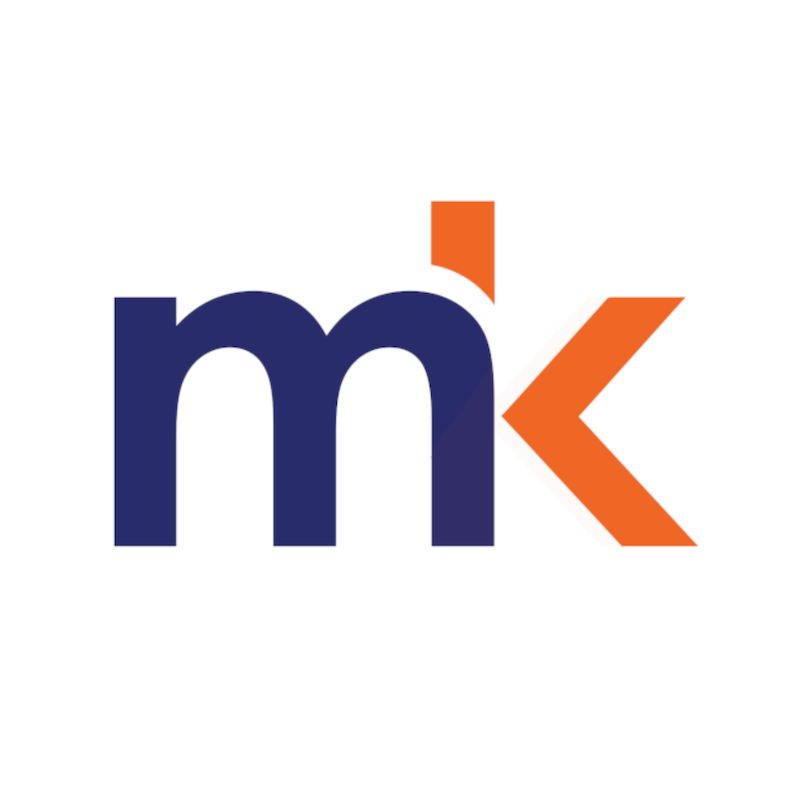
Malaysiakini
Country: Malaysia 🇲🇾
Tool: Re-engage
Malaysiakini, one of Malaysia's leading independent news sites founded in 1999, is building Re-engage, a tool that uses predictive analytics to reduce subscriber churn. The system identifies at-risk readers and recommends stories most likely to bring them back, enabling timely, personalised outreach to strengthen the reader revenue that sustains independent journalism.
-
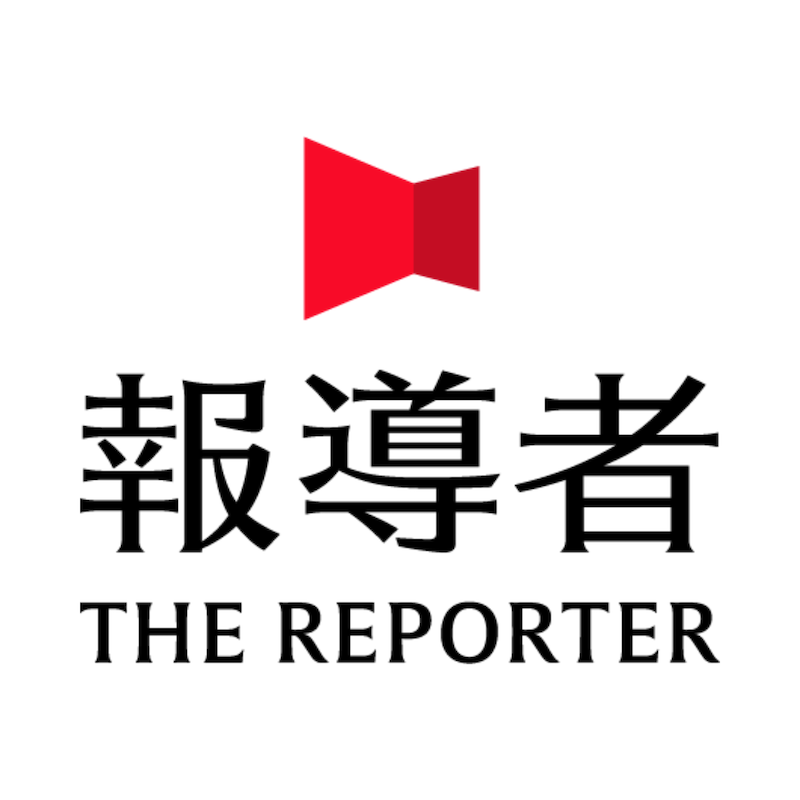
The Reporter
Country: Taiwan 🇹🇼
Tool: An AI-driven audience insight framework
The Reporter, a Taiwanese non-profit news organisation focused on in-depth investigative journalism, is developing an AI-driven framework that links reader engagement with donor behaviour. The project aims to identify potential recurring supporters, map how reader trust develops over time, and examine connections between journalism and giving. By translating existing data into practical insights, the framework will support future outreach strategies – including personalised newsletters – and contribute to a more sustainable financial model for non-profit independent journalism.
-
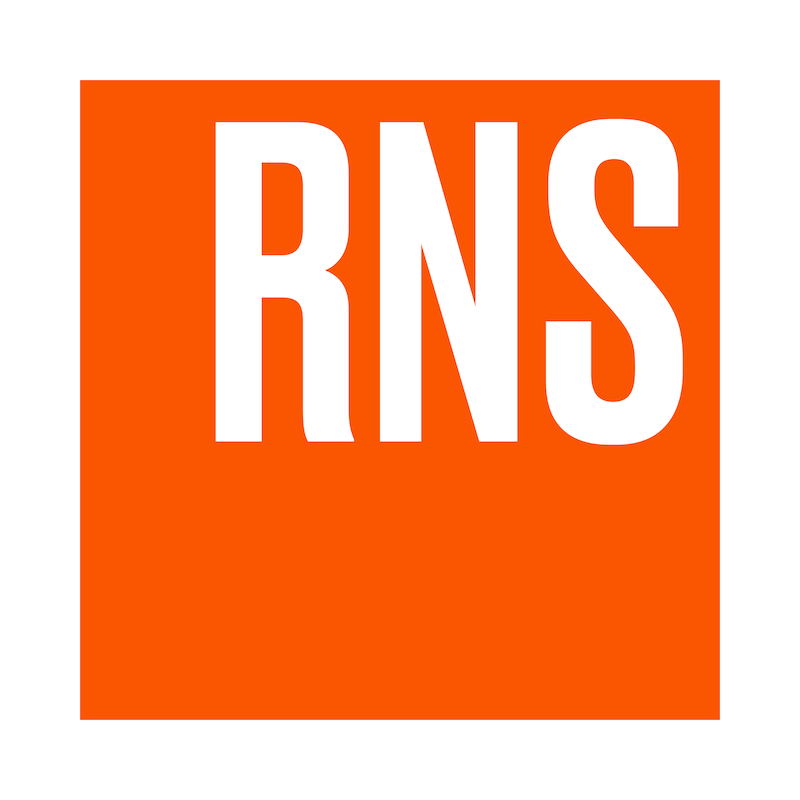
Religion News Service
Country: United States 🇺🇲
Tool: Impact Intelligence
Religion News Service, a non-profit news agency covering religion, spirituality, and ethics since 1934, is building Impact Intelligence, an AI-supported system to capture and communicate the real-world impact of its journalism. The project includes a Slack-based companion that helps staff record impact in real time, while AI organises and analyses this information to reveal patterns in how coverage serves readers and communities. By making these outcomes visible and actionable, Impact Intelligence aims to help RNS demonstrate its value to audiences and funders, deepen trust, and support long-term sustainability.
-

Rappler Inc.
Country: Philippines 🇵🇭
Tool: Intelligent Reader Assistant
The Philippine digital news organisation Rappler is building Intelligent Reader Assistant that uses AI-driven recirculation to serve readers at every stage of engagement. Visitors receive clear context on stories; registered users can follow topics and understand why coverage matters; subscribers get personalised "what you missed" digests; and former subscribers receive targeted recaps designed to win them back. The project aims to deepen reader understanding and strengthen revenue by aligning AI tools with newsroom values.
-
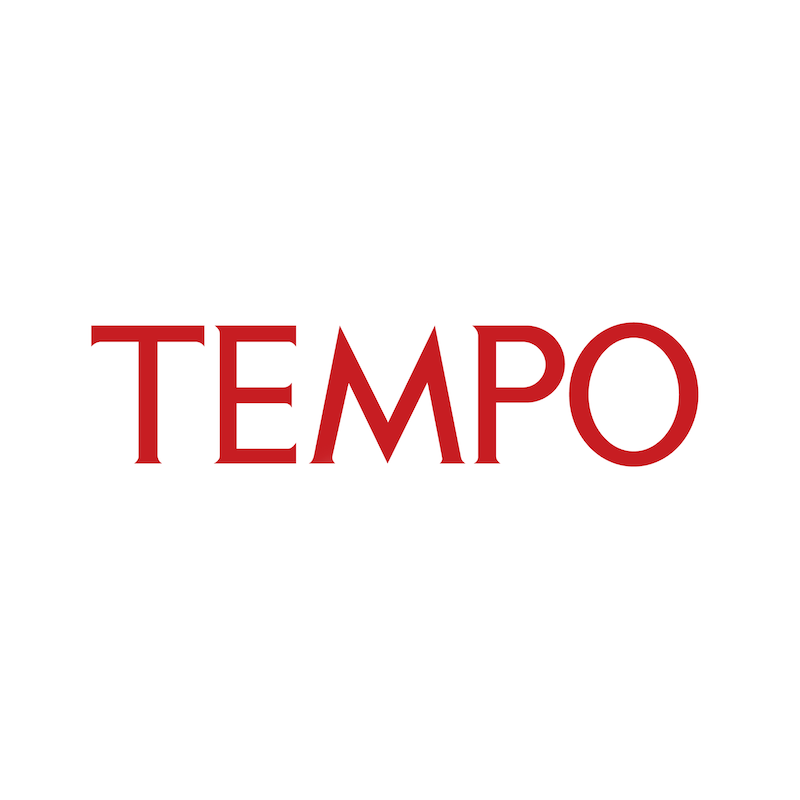
Tempo Inti Media
Country: Indonesia 🇮🇩
Tool: An AI-powered archive platform
Tempo, one of Indonesia's most established independent news organisations, will create an intelligent platform that centralises five decades of archival content into a single Digital Asset Management system. Using AI to automate discovery, enrichment, and content reuse, the platform aims to reduce operational costs while opening new revenue streams through asset licensing. A conversational tool called Tempo Assistant will help users explore decades of journalism and surface actionable insights for business and political decision-making.
Explore Previous Grantees Journeys
The culmination of the inaugural JournalismAI Innovation Challenge, supported by the Google News Initiative is this report: AI and the newsroom next door. It is a collection of case studies for small and medium-sized newsrooms navigating the AI landscape anywhere in the world.
This comprehensive report, drawing from all 35 grantees who participated in the first JournalismAI Innovation Challenge, reveals their journeys, challenges, and opportunities.
Timeline 2025 - 2026
The JournalismAI Innovation Challenge, supported by the Google News Initiative, is organised by the JournalismAI team at Polis – the journalism think-tank at the London School of Economics and Political Science, and it is powered by the Google News Initiative.


